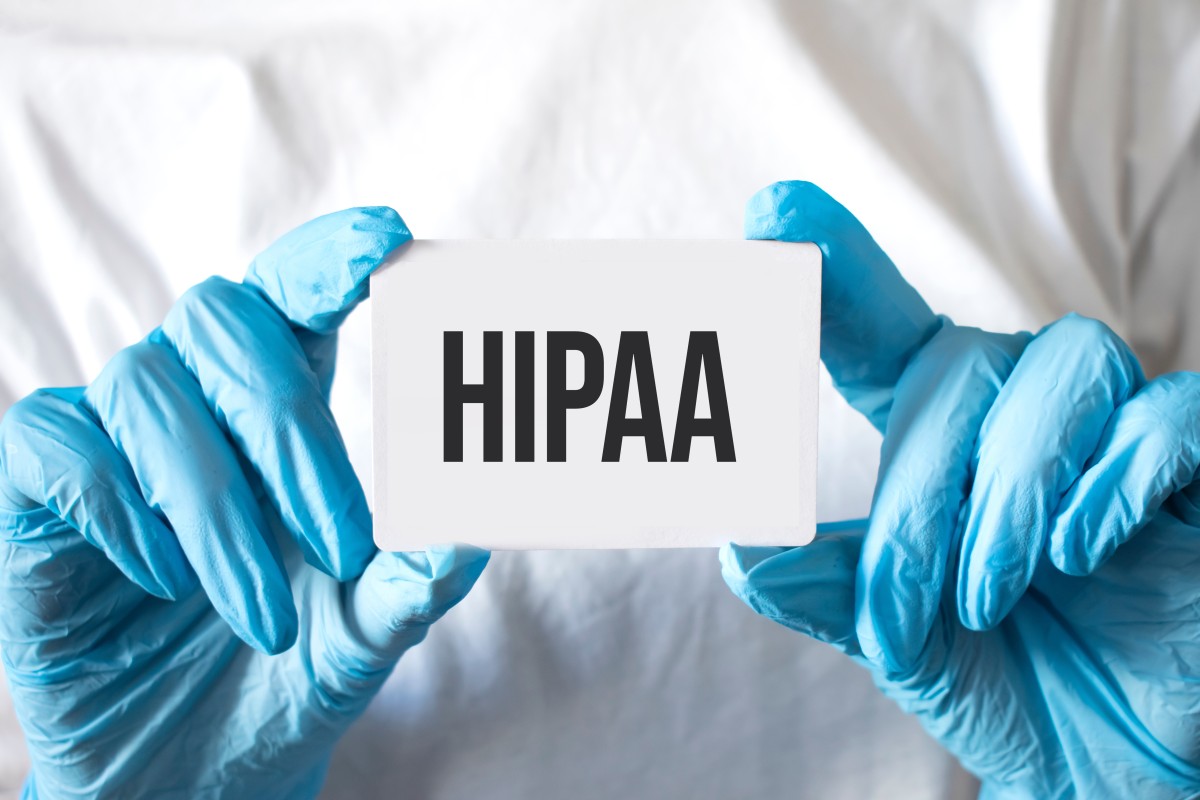Topics: Revenue Cycle Management, Practice Management
Have you ever faced a HIPAA audit before? Does the thought of going through an audit fill you with dread? No matter how much experience you’ve had with audits of any kind, the process can be intense and stressful.
If your medical practice is facing a HIPAA audit, it’s important to remember that you’re not alone by any stretch of the imagination. In fact, between 2003 and 2022, the Office of Civil Rights (OCR), which is responsible for enforcing HIPAA compliance, received more than 306,000 complaints regarding violations.
Anyone responsible for dealing with personal health information can be subjected to a HIPAA audit, ranging from major medical facilities to small, independent practices.
When the OCR receives a complaint pertaining to a HIPAA violation, it often triggers an audit on the practice–but what exactly is involved with a HIPAA audit? And how can your medical practice do its best to avoid one?
In this article, we’ll cover all of that and provide helpful tips for you to conduct your own internal audit. Keep reading to learn more!
Quick Links:
- What Is a HIPAA Audit?
- How Can a HIPAA Audit Impact Your Medical Practice?
- Top Tips for Preparing Your Medical Practice for a HIPAA Audit
What Is a HIPAA Audit?
A HIPAA audit conducted by the OCR can take months from start to finish and will investigate a number of areas within your practice and operations, including:
- Privacy Rule standards
- Security Rule standards
- Security IT risk assessment
- Physical site
- Asset and device
- HITECH compliance
Let’s briefly review what HIPAA is in the first place: the Health Insurance Portability and Accountability Act (HIPAA) was signed into law on August 21, 1996. It’s the essential legislation that established national standards to protect sensitive information pertaining to a patient’s health from being discussed or handled without the patient’s knowledge or consent.
In other words, it ensures a patient’s right to privacy.
While this Act was signed into law more than 25 years ago, it’s had a few updates since then–the latest being the Final Omnibus Rule, which was approved in 2013 and revised important definitions and introduced requirements for new technology, such as cell phones and other mobile devices.
As you can imagine, there are a multitude of HIPAA facets that can trigger an audit if your practice is found in violation; that’s why it’s imperative that you and your staff stay vigilant against any non-compliance.

How Can a HIPAA Audit Impact Your Medical Practice?
It should go without saying: HIPAA audits, or audits of any kind, really, can be costly and time-consuming for your practice both in terms of financial and reputational. If your medical practice is found in violation of HIPAA, such an investigation and ruling can degrade your reputation in the industry and result in lost business. A HIPAA violation can also provoke further legal action.
Such consequences are foreboding for a reason–a patient’s privacy and the many layers of HIPAA should be a serious priority for any entity handling sensitive patient information. Our top tips for preparing for an audit can be utilized at any point in your medical practice’s operations; you don’t need to wait for an audit to happen to make sure you’re in compliance with this important legislation.
Top Tips for Preparing for Your Medical Practice for a HIPAA Audit
Now that we’ve reviewed what is involved in a HIPAA audit and how it can impact your medical practice, let’s look at some of our top tips for preventing an external audit:
Do Your Research
The Office of Civil Rights provides general instructions for entities undergoing a HIPAA audit, including definitions of important terms. For example, “information systems” includes hardware, software, communications, people, information data, applications, and more. Check out their guidelines at this link here.
Make HIPAA Training Mandatory for Your Employees
Regardless of how many employees your medical practice has, it’s essential that HIPAA training is a mandatory component of your onboarding curriculum. Recommending or even requiring refresher courses on HIPAA material isn’t a bad idea, either. As the saying goes, knowledge is power–if you or your staff aren’t well-versed in HIPAA’s standards, then it’ll be nearly impossible to ensure that your practice is in compliance.
Know Where Your Documents Are At All Times
Carefully track where all your paper-based or electronic personal health information is stored, handled, and transferred. Whether it’s in old-school filing cabinets, desktops, mobile devices, shelves, or somewhere else, it’s important to know where your documents are.
Create a Risk Assessment Plan
One of your operational goals should be to avoid an external audit; a great step to take towards that goal is to regularly perform internal audits of your practice! Part of this process involves creating a risk assessment plan, which analyzes every aspect of your medical practice to see where there might be room for improvement and map out an action plan in the event of a HIPAA breach.
Partner with a Medical Billing Firm
The friendly experts here at NCG Medical are HIPAA certified to handle your patients’ PHI while boosting your overall revenue cycle! Your success is our success, and we offer a range of services to help put more time and energy back into your day.
We’ll build a custom solution for your practice and empower you to get back to what matters most: delivering quality care to your patients. Our operations are grounded in professional, technical, and global billing for holistic care practices, no matter your specialty.


